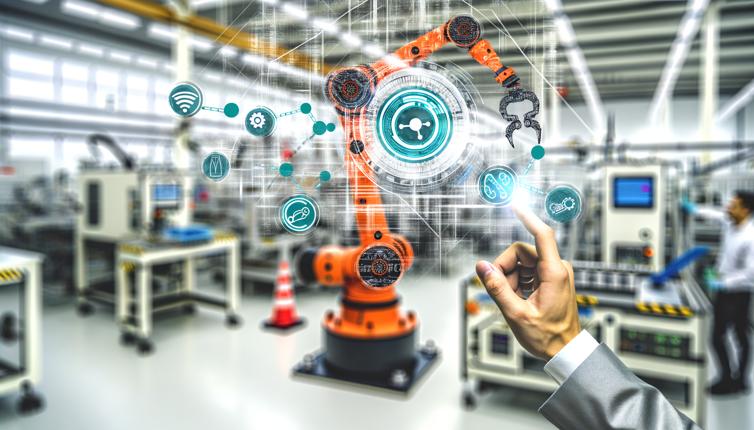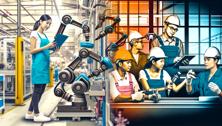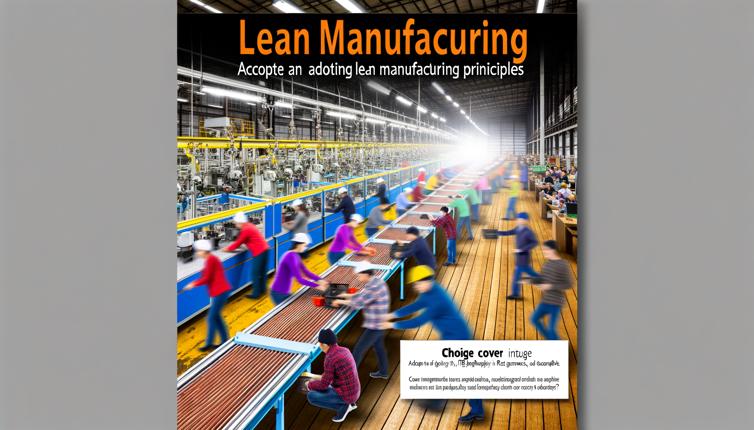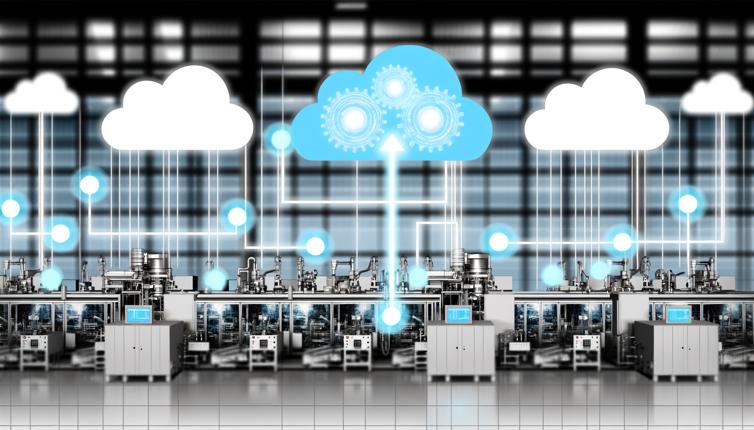What is Industry 4.0?
Industry 4.0, also known as the fourth industrial revolution, is the integration of digital technologies into manufacturing processes.,It involves the use of technologies like IoT, cloud computing, big data, and artificial intelligence to create a connected and intelligent manufacturing environment.,Industry 4.0 enables manufacturers to collect and analyze large amounts of data in real-time, which helps them make informed decisions and improve operational efficiency.
The Benefits of Digital Transformation in Manufacturing
Digital transformation in manufacturing offers numerous benefits including improved productivity, reduced costs, and increased flexibility.,By implementing automation and robotics, manufacturers can streamline their operations and minimize human error.,They can also leverage data analytics to identify inefficiencies and make data-driven decisions that optimize their processes.,Furthermore, digital transformation allows for greater collaboration and communication across departments and supply chains, leading to improved overall performance.
Key Technologies in Digital Transformation
There are several key technologies that play a crucial role in digital transformation in manufacturing.,Internet of Things (IoT) enables the connectivity of machines and devices, allowing for real-time monitoring and control of manufacturing processes.,Artificial intelligence (AI) and machine learning algorithms can analyze large amounts of data and provide valuable insights for process optimization.,Cloud computing provides the infrastructure for storing and processing the vast amounts of data generated in manufacturing operations.,Big data analytics allows manufacturers to extract meaningful information from the massive data sets collected from sensors and other sources.
Conclusion
Digital transformation is revolutionizing the manufacturing industry, enabling companies to achieve higher levels of efficiency, quality, and competitiveness. By embracing Industry 4.0 and leveraging technologies like IoT, AI, and big data analytics, manufacturers can stay ahead in the rapidly changing digital landscape.









